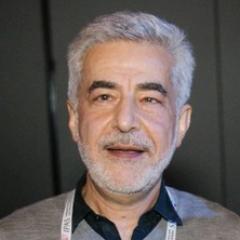Emergent physics in quantum transport in ultracold atomic gases
Project level: PhD, Masters, Honours, Summer
The project seeks to understand an open fundamental problem in physics: How do complex microscopic interactions in many-particle systems lead to the emergence of a qualitatively new behavior and to the formation of new states of quantum matter. We will investigate this problem in the context of quantum transport in mesoscopic (with mésos meaning “middle” in Greek) systems made of minimally complex, but highly controllable and well-characterised ensembles of ultracold atomic gases. Such gases, when cooled down to temperatures of just a few nanokelvin above absolute zero, form exotic states of quantum matter such as Bose-Einstein condensates and degenerate Fermi gases, enabling the study of a wide range of phenomena in quantum many-body physics. By developing new theories of quantum transport in mesoscopic Bose-Einstein condensates, we will shed light on the laws of emergence at the mesoscale and by doing this we will help close the gap in our understanding of what lies in between quantum and classical, simple and complex, and isolated and interacting. Apart from being a fundamental problem, understanding quantum transport and the laws of emergence at the mesoscale has potential practical applications such as bottom-up fabrication of novel materials with new functionality, and perhaps even control of molecular kinetics in cell biology.

